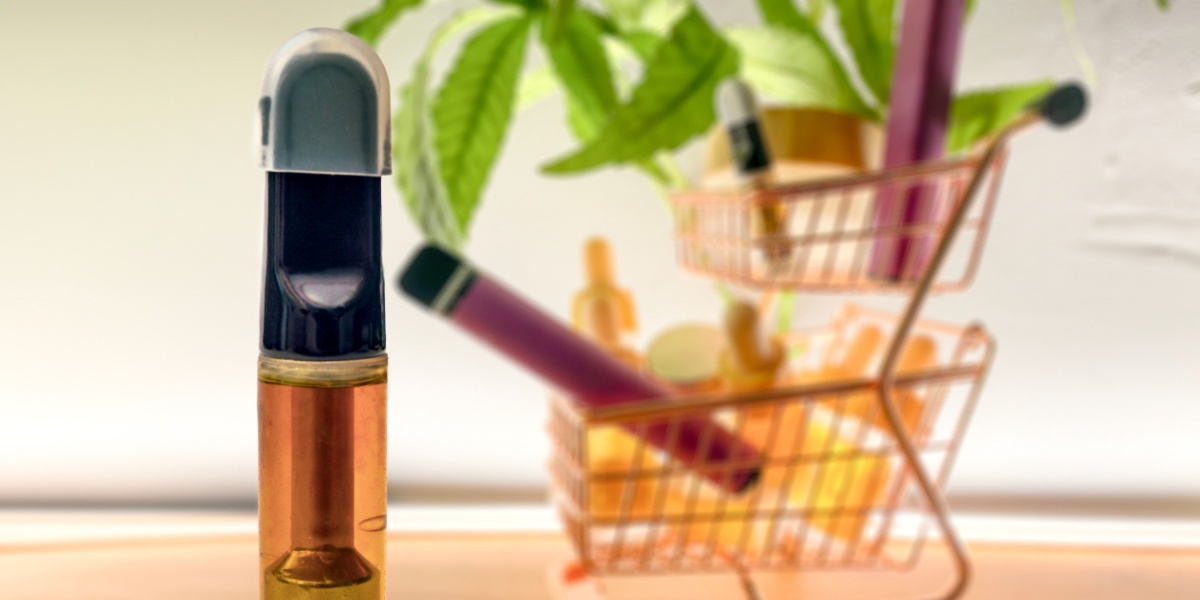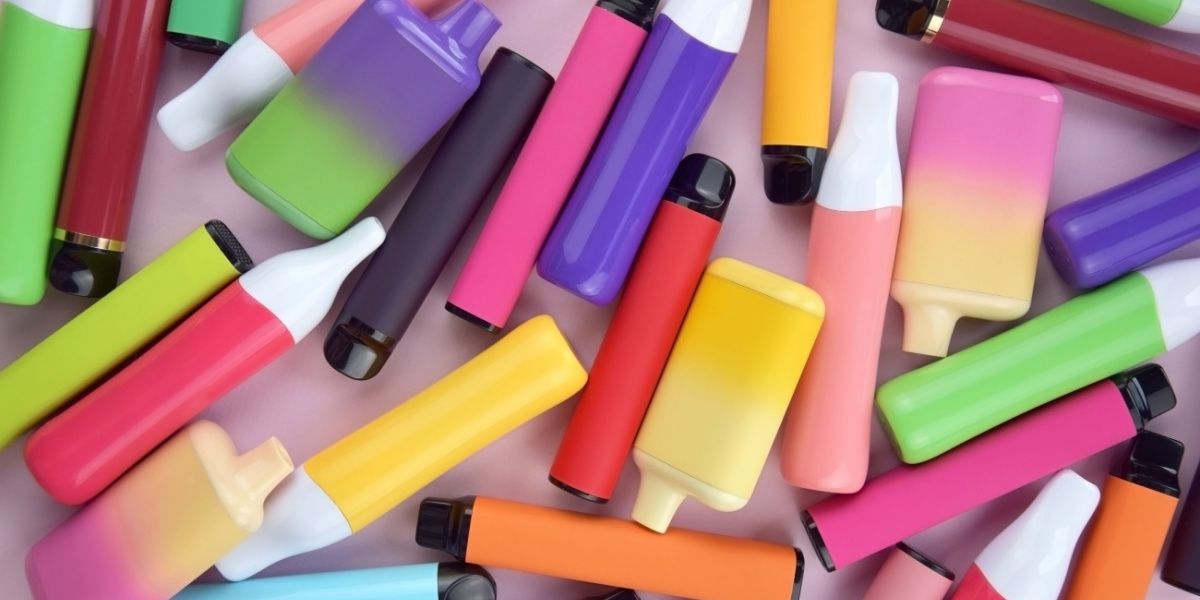From CBD-laced vape pens to lavender-scented inhalers, “anxiety pens” are everywhere on TikTok and pharmacy shelves, promising instant calm with a single puff. Marketers swear the gadgets can replace pills and therapy, critics call them overpriced placebo sticks, and regulators are still catching up. Before you drop cash on a pocket-sized cure-all, let’s look at what the evidence actually shows.

What is an anxiety pen?
An “anxiety pen” refers to a small handheld device, often a type of vape pen, used to inhale substances intended to ease anxiety. These pen-shaped electronic vaporizers heat a liquid or oil into a breathable vapor. [1]
Unlike typical e-cigarettes, anxiety pens don’t contain nicotine; instead, they use calming ingredients (like cannabidiol or soothing essential oils). By inhaling these compounds, consumers hope to get fast relief from nervousness or stress. The appeal of anxiety pens has grown partly because standard anti-anxiety medications don’t work for everyone or have unwelcome side effects. [2]
This drives interest in quick, natural alternatives that promise to “offer momentary relief” in the instant.
Types of anxiety pens: What's on the market?
Anxiety pens generally fall into two categories based on their active ingredients:
- CBD vape pens: These pens contain CBD, a non-intoxicating compound from cannabis. A CBD pen delivers a dose of cannabidiol via inhaled vapor, offering a rapid route for the substance to enter the bloodstream. CBD doesn’t produce a high (it lacks THC’s psychoactive effects) and has attracted attention for its potential anti-anxiety properties. [2] Many people use CBD pens hoping to calm their nerves on demand.
- Essential oil (aromatherapy) pens: Instead of cannabinoids, these pens use relaxing essential oils, such as lavender, chamomile, or rose. Inhaling certain aromas can have soothing effects. For example, one clinical study found that patients who inhaled rose water (Damask rose) aromatherapy had significantly lower anxiety levels than a control group. [3]
Do anxiety pens really work?
Research on anxiety pens focuses mainly on their key ingredient, CBD. So far, evidence suggests CBD can truly reduce anxiety in many cases, though much of the research is still preliminary. A major 2015 review of animal and human studies noted that CBD shows “considerable potential” for treating anxiety disorders, but most existing data involve acute (single-dose) use, and more clinical human research in the form of randomized controlled trials is needed. [2]
In recent small trials, CBD has indeed helped reduce anxiety in various scenarios (from generalized anxiety to public speaking) and was generally well tolerated. [4] Side effects were typically mild, with fatigue or sedation being the most common. [4]
A 2024 meta-analysis combined results from multiple CBD studies and found a significant overall reduction in anxiety symptoms among those taking CBD versus placebo. [5] Patients with conditions like generalized anxiety disorder and social anxiety disorder saw measurable improvements using CBD.
However, the researchers emphasized that their sample sizes were small, and further trials are needed to confirm benefits and determine optimal dosing. [5] It is important to be mindful of the fact that anxiety pens offer temporary relief but don’t address the underlying cause of anxiety.
Early studies suggest CBD may have genuine, short-term anxiolytic effects, but data on long-term safety, optimal dosing, and delivery methods are still lacking. These findings address the compound itself—not the real-world performance of “anxiety pens,” which vary widely in dose, purity, and bioavailability.
Who might benefit from anxiety pens
Truly considering the evidence, some people or situations might benefit more from anxiety pens than others.
People with mild to moderate anxiety or situational anxiety (say, pre-flight jitters or stress before a public speaking event) could potentially find a CBD or aromatherapy pen to be a helpful calming tool. For example, as pointed out earlier, CBD reduced anxiety during a public speaking test, and small trials in people with generalized or social anxiety have reported improvements with CBD use. [5]
Limitations and precautions
On the other hand, an anxiety pen is not a one-size-fits-all solution. People with very severe anxiety or frequent panic attacks will likely need more than a pen. Such conditions usually require therapy, medication, or other comprehensive care.
Also, for specific diagnoses, there isn’t enough data yet. For example, whether CBD vape pens help with panic disorder or particular phobias remains unknown. [4] In general, anxiety pens should be viewed as an adjunct for mild, occasional anxiety relief, not a standalone cure for chronic or debilitating anxiety.
Risks and what to avoid
If you choose to use a CBD-based anxiety pen, it’s important to do so safely. Inhalation is fast-acting, but it sends any impurities straight into your lungs. A major concern is the history of vaping-related lung injuries. In 2019, a wave of acute lung damage (EVALI) tied to illicit THC/CBD vape oils with toxic additives underscored the need to avoid black-market products. [1]
For safer CBD-vape use, buy only from brands that publish a recent, third-party certificate of analysis (COA) verifying cannabinoid potency and screening for residual solvents, heavy metals, pesticides, and microbes.
Start with a low dose and see how it affects you, instead of taking multiple puffs back-to-back. Also be mindful of CBD’s side effects: while it’s generally well tolerated, it can cause drowsiness or lightheadedness in some people. [4] Avoid driving or other high-focus activities until you know how a CBD pen affects you.
If you have an underlying respiratory condition, consult a doctor before vaping any substance. [6]
Alternatives & holistic anxiety care when anxiety pens aren't enough
For persistent or intense anxiety, an anxiety pen alone, as mentioned, may not be sufficient. Proven treatments (such as psychotherapy, like cognitive-behavioral therapy), in conjunction with medications (like prescription anxiolytics and certain antidepressants), are often the backbone of managing chronic anxiety. [7]
These treatments address the underlying causes of anxiety in ways a quick fix cannot. Alongside professional care, holistic approaches can further help calm the mind. Regular exercise, adequate sleep, mindfulness meditation, and breathing exercises all naturally reduce anxiety levels. [8]
Aromatherapy “anti-anxiety” pens may offer brief relief; however, lasting anxiety care requires more sustainable treatment.
Final thoughts
Anxiety pens: what’s real vs. what’s hype? These devices do hold some promise—especially CBD pens, which have emerging scientific support for anxiety relief. However, the hype must be tempered with realism. A pen won’t undo a complex mental health condition, nor can it replace proper mental health care when needed.
Viewed with sensible expectations, an anxiety pen can be a useful tool for occasional relief, but it works best as a complement to broader anxiety-management strategies. The key is to stay informed: understand its limits and risks, and integrate it wisely (if at all) into your overall plan for managing anxiety.

-person-thumbnail.jpg?v=1758880627)
-blog-detail.jpg?v=1722513369)

